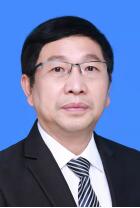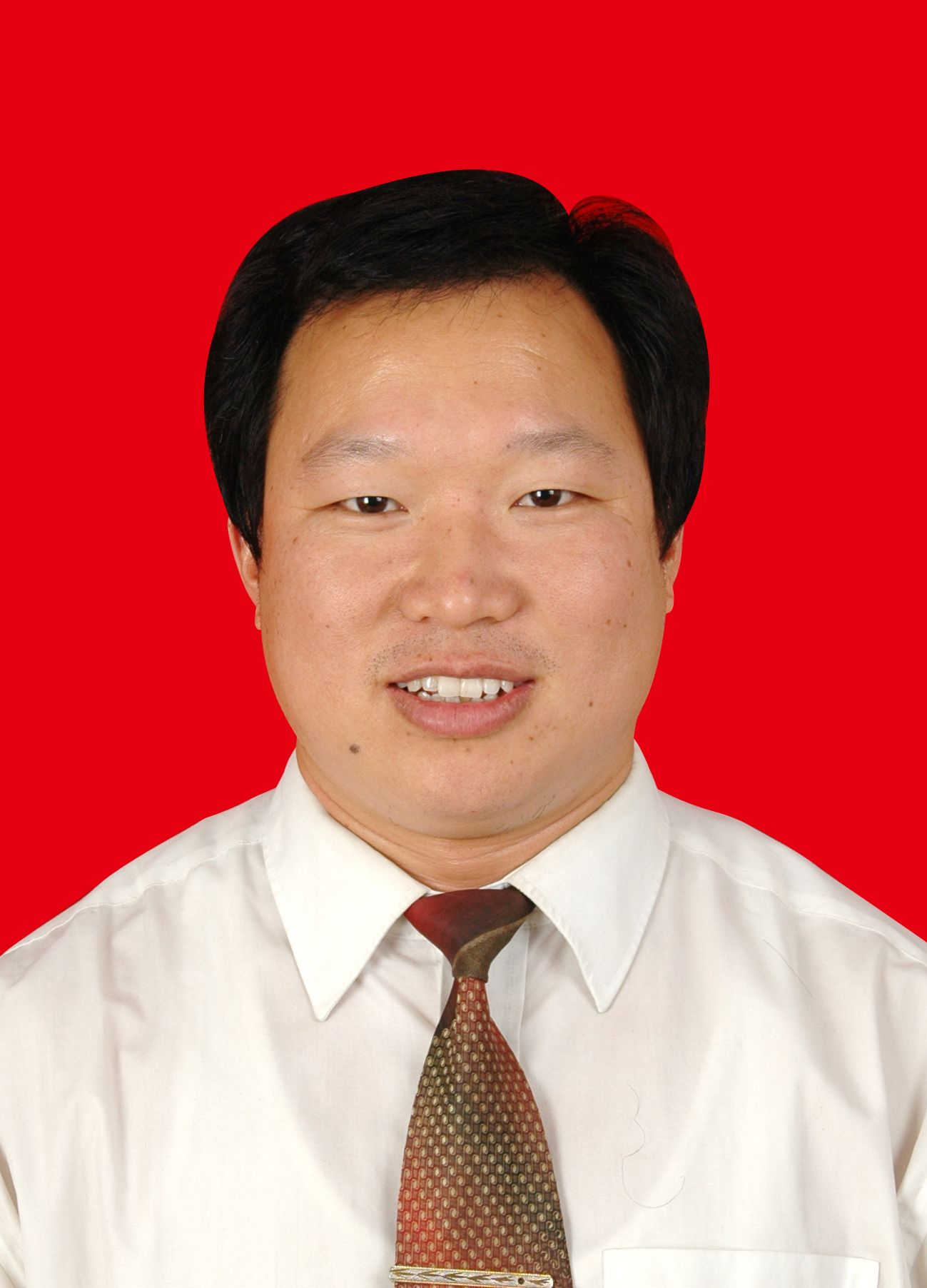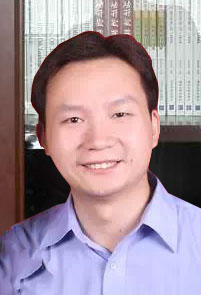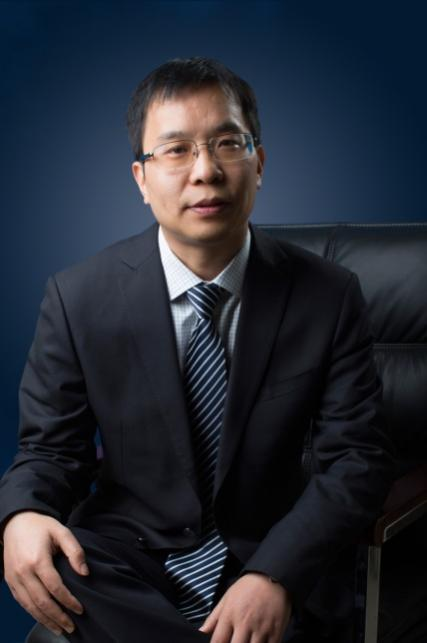Keynote Speaker
Prof. Dr. Witold Pedrycz
University of Alberta,Canada
Witold Pedrycz (IEEE Life Fellow, 2021) is Professor and Canada Research Chair (CRC) in Computational Intelligence in the Department of Electrical and Computer Engineering, University of Alberta, Edmonton, Canada. He is also with the Systems Research Institute of the Polish Academy of Sciences, Warsaw, Poland. He is a foreign member of the Polish Academy of Sciences and a Fellow of the Royal Society of Canada. He received a prestigious Norbert Wiener award from the IEEE Systems, Man, and Cybernetics Society. He is a recipient of the IEEE Canada Computer Engineering Medal, a Cajastur Prize for Soft Computing from the European Centre for Soft Computing, a Killam Prize, a Fuzzy Pioneer Award from the IEEE Computational Intelligence Society, and 2019 Meritorious Service Award from the IEEE Systems Man and Cybernetics Society.
Speech Title:Design and Evaluation of Interpretable Rule-Based Architectures Under Privacy Constraints:A Framework of Granular Computing and Federated Learning.
Abstract: In numerous data analytics environments, system modeling, and ensuing decision and control methods, the aspects of interpretability and explainability are of paramount relevance as emphasized in studies on explainable Artificial Intelligence (XAI). These challenges come hand in hand with evident requirements of data privacy and security as well as various levels of quality of available data.
To address them, we demonstrate that federated learning augmented by mechanisms of Granular Computing (processing information granules) offers a comprehensive conceptual and algorithmic framework. A conceptualization of information granules can be conveniently carried out with the use of information granules (for example, fuzzy sets, sets, rough sets, and alike) while the architecture of rule-based models becomes beneficial in delivering a high level of interpretability.
We deliver a systematically organized discussion on information granules-oriented design of rule-based architectures and their interpretation. Several design alternatives of federated learning (in particular, the development of conditions with the aid of federated clustering and federated learning of conclusions of the rules) are introduced and analyzed. Furthermore, security aspects associated with the varying levels of information granularity are explored and analyzed.
Keywords: Federated learning, data analytics, privacy and security, Granular Computing.

Prof. Dr. Clive Phillips
Curtin University,Australia
Clive Phillips was Australia’s first Professor of Animal Welfare, at the University of Queensland, and foundation director of the Centre for Animal Welfare and Ethics. He previously lectured at the Universities of Cambridge and Wales. He has written widely on the welfare of farm, zoo and companion animals, and particularly livestock transported by ship. His books include Principles of Cattle Production, The Animal Trade and The Welfare of Animals - the Silent Majority. He has authored 360+ scientific journal articles.
Speech Title: Use of smartfarming technologies to monitor and improve the welfare of farm animals, including during transport of the animals.
Abstract: Smart farming is revolutionising crop production, but little impact has so far been seen in the livestock production sector. One of the many challenges this sector faces is to justify the concerns that the public have about the welfare of farm animals, particularly in intensive production systems. Such systems are amenable to smart innovations, particularly to monitor livestock behaviour, including choice of living environment, and environmental conditions that they are kept in. Another major concern is the transport of livestock, in particular from the farm to the slaughterhouse, because driving conditions may place the animals outside their comfort zone. Smart farming offers the possibility to monitor conditions and make automatic changes to improve animal welfare, or alert an operator to make the necessary changes. Smart farming may be able to improve livestock welfare, but the question remains as to whether the technology will be affordable for farmers already under pressure. In some situations, governments may require the use of advanced technology to monitor animal welfare, but in others its use will be dependent on the technology having proven benefits in product quality or the efficiency of production, which includes labour saving. Smart farming therefore offers much promise for the improvement of animal welfare, but the adoption will depend on demonstrated benefits.
Keywords: Smart farming; technology; livestock production; animal welfare.

Dr. Dariusz Jacek Jakóbczak
Koszalin University of Technology, Poland
Dariusz Jacek Jakóbczak was born in Koszalin, Poland, on December 30, 1965. He graduated in mathematics (numerical methods and programming) from the University of Gdansk, Poland in 1990. He received the Ph.D. degree in 2007 in computer science from the Polish – Japanese Institute of Information Technology, Warsaw, Poland. From 1991 to 1994 he was a civilian programmer in the High Military School in Koszalin. He was a teacher of mathematics and computer science in the Private Economic School in Koszalin from 1995 to 1999. Since March 1998 he has worked in the Department of Electronics and Computer Science, Koszalin University of Technology, Poland and since October 2007 he has been an Assistant Professor in the Chair of Computer Science and Management in this department. His research interests connect mathematics with computer science and include computer vision, artificial intelligence, shape representation, curve interpolation, contour reconstruction and geometric modeling, numerical methods, probabilistic methods, game theory, operational research and discrete mathematics.
Speech Title:Reconstruction of Multidimensional Data on Intelligent Technology and Artificial Intelligence
Abstract: Artificial Intelligence is applied for prediction and calculations of unknown values of data or coordinates. Decision makers, academicians, researchers, advanced-level students, technology developers, and government officials will find this text useful in furthering their research exposure to pertinent topics in AI, computer science, numerical analysis or operations research and assisting in furthering their own research efforts in these fields.
Proposed method, called Two-Points Smooth Interpolation (TPSI), is the method of 2D curve interpolation and extrapolation using the set of key points (knots or nodes). Nodes can be treated as characteristic points of data for modeling and analyzing. The model of data can be built by choice of probability distribution function and nodes combination. TPSI modeling via nodes combination and parameter γ as probability distribution function enables value anticipation in AI, risk analysis and decision making. Two-dimensional curve is extrapolated and interpolated via nodes combination and different functions as continuous probability distribution functions: polynomial, sine, cosine, tangent, cotangent, logarithm, exponent, arc sin, arc cos, arc tan, arc cot or power function.
Keywords: Intelligence science, Artificial Intelligence, curve modeling, data representation, extrapolation, interpolation, data reconstruction, curve fitting, applications

Prof. Dr. Shoudao Huang
Hunan University, China
Prof. Shoudao Huang was graduated in Hunan University with PhD in electrical engineering. Now he is a Secretary of the Party Committee of the School of Electrical and Information Engineering in Hunan University, a doctoral supervisor, and the director of the Yuelu Key Laboratory of Power Transmission and New Power Generation. Prof.Shoudao Huang is an expert who enjoys the special government allowance of the State Council, a member of expert group of the Science and Technology Commission of the Central Military Commission, the person in charge of the national key research and development plan, and a distinguished professor of "Yuelu Scholar" of Hunan University. He also serves as a chairman of the China Magnetic Materials and Equipment Standardization Working Group, an IEEE senior member, an executive director of the China Electrotechnical Society, a chairman of the Hunan Electrotechnical Society, a chairman of the Hunan Renewable Energy Society and other academic organizations. And he won the title of the first "Excellent Graduate Tutor" in Hunan Province in 2019. Prof.Shoudao Huang has been engaged in scientific research and teaching of special motors for a long time. he has created special permanent magnet motor design and control theoretical methods around the design and control of special (permanent magnet) motors for more than 30 years , breaking through a number of core key technologies and research results. It has been widely used and realized industrialization, which has produced significant economic and social benefits. Prof.Shoudao Huang has won 1 second prize of National Technology Invention Award, 3 second prize of National Science and Technology Progress Award, 6 first prize of provincial and ministerial science and technology progress. He also published 4 monographs, more than 100 high-level papers, and authorized 76 national invention patents.

Prof. Dr. Yigang He
Wuhan University,China
Yigang He received the M.Sc. degree in electrical engineering from Hunan University, Changsha,China, in 1992 and the Ph.D. degree in electrical engineering from Xi’an Jiaotong University, Xi’an,China, in 1996.
In 1990, he joined the College of Electrical and Information Engineering, Hunan University and was promoted to Associate Professor, Professor in 1996, 1999, respectively. From 2006 to 2011, he worked as the Director of the Institute of Testing Technology for Circuits and Systems, Hunan University. He was a Senior Visiting Scholar with the University of Hertfordshire, Hatfield, U.K., in 2002. From 2011 to 2017, he worked as the Head of School of Electrical Engineering and Automation, Hefei University of Technology. In December 1,2017, he joined the Wuhan University, China, and currently works as the vice-Head of School of Electrical Engineering and Automation , Wuhan University. Meanwhile he was vice president of China’s Energy Institute of Science and Technology, vice president of Anhui scientists Entrepreneurs Association, director of the state local joint engineering laboratory for renewable energy grid technology. His teaching and research interests are in the areas of power electronic circuit theory and its applications, testing and fault diagnosis of analog and mixed-signal circuits, electrical signal detection, smart grid ,satellite communication monitoring, and intelligent signal processing. On the above research areas he has presided over a number of state-level projects research such as the National Natural Science Foundation of China, the State Key Program of National Natural Science Foundation of China,the national key research and development plan "important scientific instruments and equipment development", the National High Technology Research and Development Program of China, the Major State Basic Research Development Program of China ,etc. He has published some 300 journal and conference papers which was included more than 1000 times in Science Citation Index of American Institute for Scientific Information in the aforementioned areas and several chapters in edited books.
Dr. He has been the general chair, session chair and the committee member of a lot of international academic conferences respectively. He was the recipient of a number of national and international awards, prizes, and honors. For example, he was the winner of national outstanding youth science fund, China national excellent science and technology worker.He was named to the World's Top 2% Scientists 2020 list published by Stanford University. He was featured on the cover of Scientific Chinese magazine, Issue 02, issue 1, 2021.He also listed in 2021 released by the global academic library website (http://www.globalauthorid.com/) "before the world's top 100000 ranking" scientists. The ranking is based on research output, journal ratings of Google Scholar Metrics, H-index, citations and author ranking. A high average score indicates that scholars are more inclined to publish in high-quality journals, while the comprehensive score takes more account of scholars' output.

Prof. Dr. Xiangjun Zeng
Changsha University of Science & Technology, China
Prof.Xiangjun Zeng is Changjiang Scholars Distinguished Professor, National Distinguished Youth Fund Winner, National Ten Thousand Thousand Talents Project and National Outstanding Contribution Young and Middle-aged Experts, Leader of "National University Huang Danian Teacher Team", Winner of Special Allowance from the State Council, Returned Overseas Students, " Editor-in-chief of Journal of Electric Power Science and Technology. Now he is a vice president of Changsha University of Science and Technology.
Prof.Xiangjun Zeng serve as an expert of the Think Tank Alliance of Hunan Province, an expert of the Advisory Expert Committee of Hunan Manufacturing Province, the editor-in-chief of the Chinese core journal "Journal of Electric Power Science and Technology", a member of the CIGRE (International Large Grid Organization) C6 (Distribution and Distributed Generation) Committee, a director of Engineering Research Center for "Grid Security Monitoring Technology" Ministry of Education, a director of Hunan Provincial Key Laboratory of "Smart Grid Operation and Control", a member of industry and local academic committees such as the China Electrotechnical Society. Hes also serve as a review expert national science and technology award communication and conference , a review experts of Communications and conference for outstanding youth projects, youth projects, general projects, key projects, major instrument projects of the National Natural Science Foundation of China, a communications and conference review experts for science and technology plan projects in Hunan Province and Changsha City.
Prof.Xiangjun Zeng has published more than 200 papers indexed by SCI/EI, and cited more than 3000 times by CNKI, including two papers are included in the top 100 of the “Top 100” Highly Cited Papers in Electric Power Industry, and he maximum cited paper has been cited more than 400 times. He has 29 authorized invention patents, and won many national awards.

Prof. Dr. Xiaogang Zhang
Hunan University, China
Xiaogang Zhang received the Bachelor's, Master's and Ph.D.degrees in Control theory and Engineering from Hunan University in 1996, 1999 and 2003 respectively. From 2015 to 2016, he was a Visiting Scholar with the Department of Computer Science, Brandeis University,Boston, USA. He has been a Full Professor with the College of Electrical and Information Engineering, Hunan University, Changsha, China. His research interests include pattern recognition and data mining for industrial control systems. He has published more than 60 papers in IEEE Transactions on industrial information, IEEE Transactions on industrial electronics, IEEE Transactions on multimedia, nonlinear dynamics, ACTA AUTOMATICA SINICA, Applied Thermal Engineering and other journals in the field of control engineering.

Prof. Dr. Kehua Guo
Central South University,China
Kehua Guo is a professor and PhD supervisor of School of Computer Science, Central South University. He is a Hunan Furong scholar, the winner of Hunan Outstanding Youth Fund, deputy director of the Department of Strategic Development and Discipline Construction of Central South University, chairman of the Computer Education Professional Committee of Hunan Higher Education Association. His research interests are artificial intelligence, big data and intelligent computing, and won the second prize of Hunan Technological Invention Award. He has presided over more than 30 projects such as the NSFC and published more than 100 high-level papers.

Prof. Dr. Wanjun Chen
University of Electronic Science and Technology of China,China
Wanjun Chen,born in 1978.9,Professor,doctoral supervisor,Vice dean of the Electronic Science and Engineering College,University of Electronic Science and Technology of China.He is a selected candidate of Sichuan Provincial Outstanding Youth Funding Program, and reserve candidate of Sichuan Provincial Academic and Technical Leaders.He is also an IEEE senior member,a senior member of Chinese Institute of Electronics, a young scientist member of Chinese Institute of Electronics, a secretary-general of semiconductor and integration technology committee of Sichuan Institute of Electronics.
Wanjun Chen has obtained Ph.D degeree in University of Electronic Science and Technology of China in 2007.and he he worked on postdoctoral research at Hong Kong University of Science and Technology in 2007-2010.and he he has been teaching at the School of Microelectronics and Solid State Electronics, University of Electronic Science and Technology of China since 2010.He became a doctoral supervisor in 2013,and in 2014,he was promoted to be a professor.He has been devoted himself to the new power semiconductor devices and integration technology in the field of scientific research and talent training in a long term.He has hosted over more than 30 national, provincial and ministerial level and horizontal projects, such as major national science and technology projects, national natural science fund, pre-research key projects, bottleneck solving projects, etc.He has published more than 100 paper in many famous international conferences such as IEDM、ISPSD and many famous international journals such as IEEE Elec. Devi. Lett.、IEEE Trans. on Elec. Devi.、Appl. Phys. Lett.including more than 60 papers indexed by SCI,more than 80 papers indexed by EI.and his papers was cited more than 1000 times.He also has more than 10 US patents and Chinese invention patent.He also obtained the first prize of Sichuan Electronic Science and Technology Award (ranking the first), the first prize of Sichuan Teaching Achievement Award, the honorary title of Advanced Worker of China Institute of Electronics, and the title of "Outstanding Innovative Youth" of CASA third-generation semiconductor, etc.

